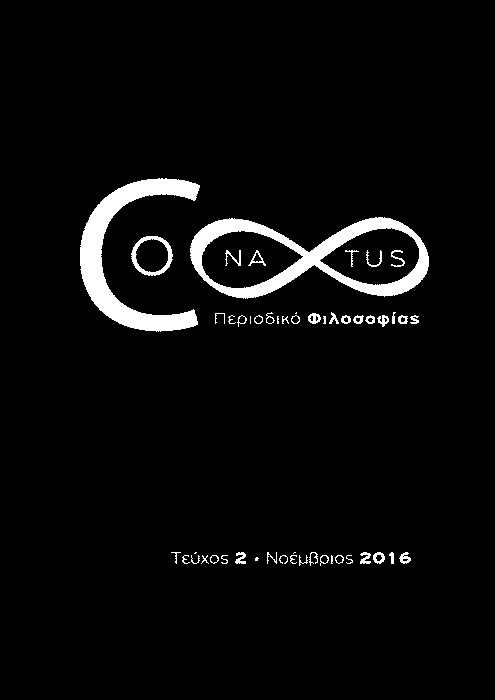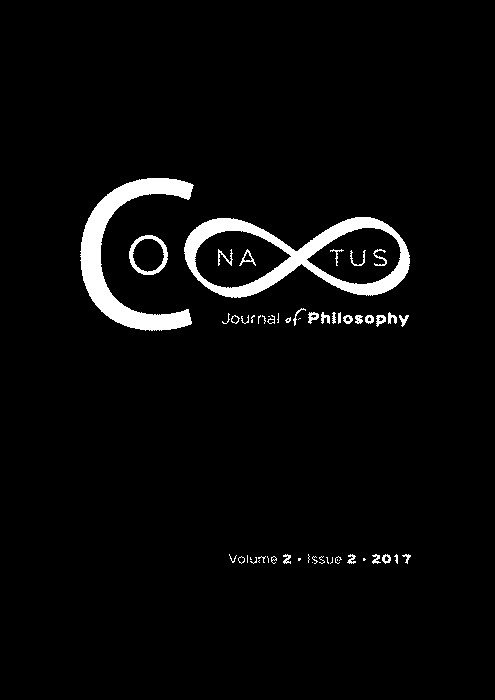Aspects of Platonic Eros in Symposium and Phaedrus

Abstract
The platonic Love [Eros]; a matter that raised and keeps raising still thoughts and talks; a crucial matter for Plato himself. But what really is it? To whom or what does it turn to; What is this that it intends for? Guided by Plato’s work itself, and especially by Symposium and the first part of the extensive Phaidros, I intend to bring to the surface the most crucial views of platonic Love. Through the successive speeches in Symposium; through the many encomiums made by each and everyone of Socrates speakers, in the end, the philosopher does not simply speak about Love, but he discloses it. Same goes in Phaidros; had the speech contests taken place between Socrates and Lysias, the philosopher, had his face uncovered – through his first speech Socrates had his face covered in order not to commit hubris –, tergiversates and reveals that furious state to its whole. Three will be the main points the following paper will try to expound: i) What is the so named platonic Love? ii) What does the lover desire to conquer? iii) How does Plato speaks to us about it through his work?
Article Details
- How to Cite
-
Stamos, F. (2017). Aspects of Platonic Eros in Symposium and Phaedrus. Conatus - Journal of Philosophy, 1(2), 56–64. https://doi.org/10.12681/conatus.11875
- Section
- Articles

This work is licensed under a Creative Commons Attribution-NonCommercial 4.0 International License.
Authors who publish with this journal agree to the following terms:
Authors retain copyright and grant the journal right of first publication with the work simultaneously licensed under a Creative Commons Attribution Non-Commercial International License (CC BY-NC 4.0) that allows others to share the work with an acknowledgement of the work's authorship and initial publication in this journal.
Authors are able to enter into separate, additional contractual arrangements for the non-exclusive distribution of the journal's published version of the work (e.g. post it to an institutional repository or publish it in a book), with an acknowledgement of its initial publication in this journal.
Authors are permitted and encouraged to post their work online (preferably in institutional repositories or on their website) prior to and during the submission process, as it can lead to productive exchanges, as well as earlier and greater citation of published work.






